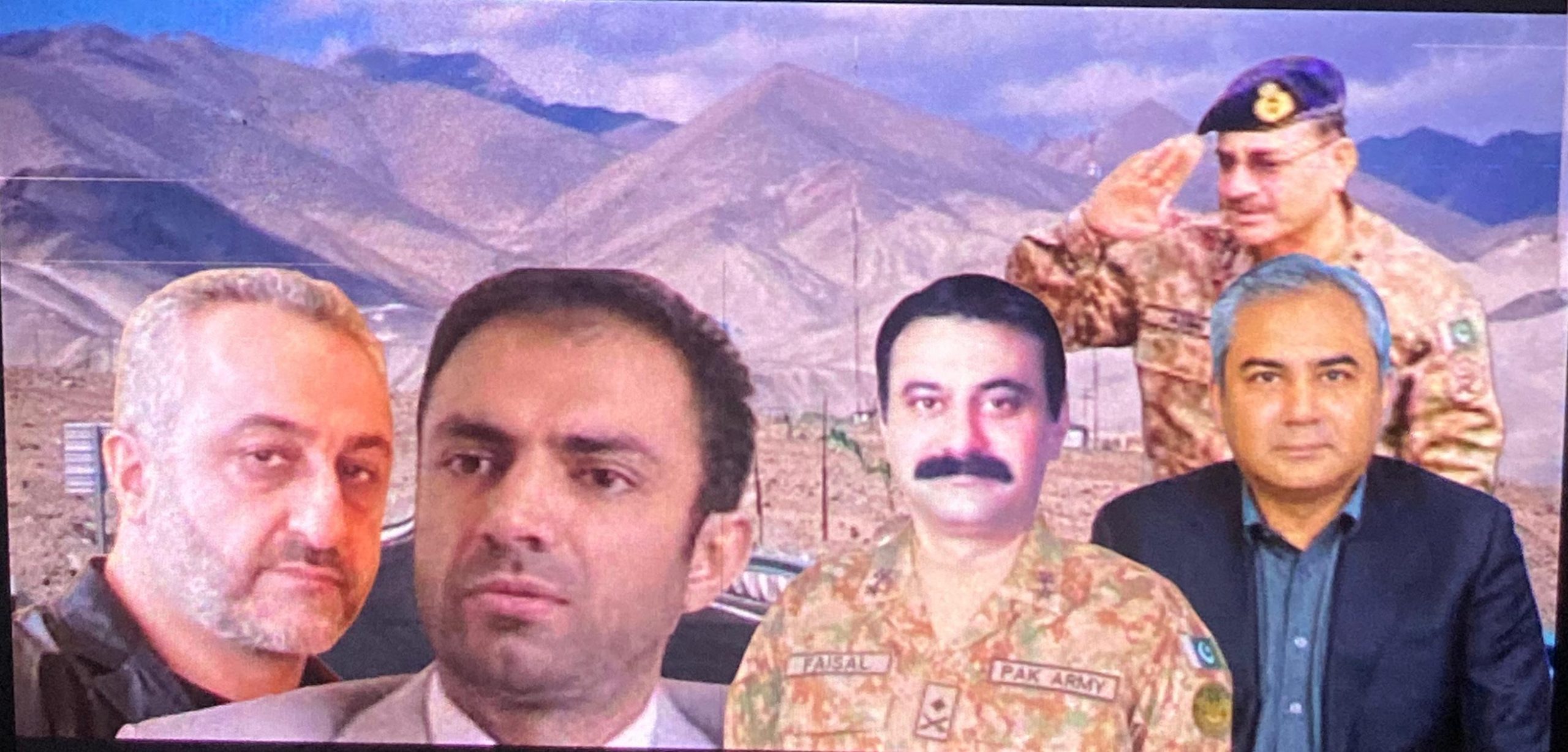Balochistan, Pakistan’s largest and most resource-rich province, has long been a hotbed of unrest and insurgency. The Baloch separatist movement, led by groups such as the Baloch Liberation Army (BLA) under Harbiyar Marri and the Baloch Republican Army (BRA) led by Brahamdagh Bugti, continues to pose a significant challenge to the country’s stability. This insurgency, often depicted in terms of grievances over economic deprivation and local autonomy, is far more complex. At its core, it is being fueled by foreign interference and backed by hostile elements seeking to destabilize Pakistan and derail its development projects, particularly the China-Pakistan Economic Corridor (CPEC).
While there is no denying the socio-economic challenges faced by the people of Balochistan, the narrative that these groups are fighting for the rights of the common Baloch is fundamentally flawed. The fact is that these militants have become proxies for foreign powers, particularly India, which views Pakistan’s strategic and economic rise as a threat. India’s involvement in Balochistan is no secret. The arrest of Kulbhushan Jadhav, an Indian spy caught operating in Balochistan, confirmed New Delhi’s direct involvement in orchestrating and financing terrorism in the province. This interference is aimed at weakening Pakistan’s internal security and disrupting CPEC, a game-changing project for the region’s development and connectivity.
Foreign actors are not limited to India. Other global powers, threatened by the emergence of Gwadar as a potential economic hub, have also expressed their concerns about Pakistan’s growing strategic ties with China. The insurgency in Balochistan offers these actors an opportunity to undermine Pakistan’s progress. The attacks on Chinese nationals working on CPEC-related projects are a clear indication of the geopolitical motives behind the insurgency.
For Pakistan to achieve long-term stability in Balochistan, the state must pursue a comprehensive approach. The military has already made significant strides in neutralizing insurgent groups through carefully executed operations. The success of these operations is evident in the restoration of law and order in key areas, such as Dera Bugti and Quetta, which were once hotbeds of violence. Under the competent leadership of Chief of Army Staff General Syed Asim Munir and the efforts of Major General Faisal Naseer, DG C, also known as the ‘super spy’ for his excellence in intelligence operations, the insurgents have suffered major setbacks. Their contributions to safeguarding Pakistan’s sovereignty and maintaining peace in a province riddled with foreign interference cannot be overstated.
However, military solutions alone are not enough. The federal government, led by the astute and dedicated Federal Interior Minister Mohsin Naqvi, needs to complement these efforts with robust socio-economic reforms and development programs that directly address the grievances of the local population. Naqvi has been pivotal in ensuring that the federal government’s strategy combines security with developmental initiatives, a balanced approach that is essential for lasting peace.
The issue of budget allocations is often raised when discussing Balochistan’s development. While the province’s annual budget stands at Rs. 956 billion, considerably less than other provinces, the distribution is based on population. However, there is merit in the argument that Balochistan’s socio-economic indicators should be considered when allocating resources. The province’s vast geographical area and its developmental backlog demand special attention. Federal resources must be directed towards improving infrastructure, healthcare, and education, while ensuring that these funds are utilized transparently and effectively.
Corruption and bad governance are two of the greatest obstacles to meaningful progress in Balochistan. Successive governments have launched development projects, yet the local population has seen little benefit due to rampant corruption at the provincial level. Local elites, particularly tribal leaders who claim to represent the Baloch people, have often siphoned off resources for personal gain. This mismanagement has left the people of Balochistan disillusioned and vulnerable to militant recruitment.
The empowerment of Balochistan must also involve greater local representation in the political process. The Baloch people must feel that they are not only stakeholders in the province’s development but also active participants in the nation’s future. This requires a sincere political dialogue that engages all ethnic and tribal groups, including the Pashtuns, who make up a significant portion of Balochistan’s population. Political inclusion, coupled with targeted development, can go a long way in bridging the gap between the province and the federation.
The insurgency in Balochistan cannot be fully explained by economic deprivation. The province’s development is stifled not only by local mismanagement but also by the calculated efforts of foreign actors bent on destabilizing Pakistan. The leadership of Pakistan’s military, intelligence agencies, and civilian government has demonstrated resilience and foresight in addressing this multifaceted threat. Under the watchful eyes of General Syed Asim Munir, Major General Faisal Naseer, and Interior Minister Mohsin Naqvi, Pakistan’s fight against insurgency and foreign interference remains firm and resolute. Their leadership continues to chart a course for a more stable and prosperous Balochistan, integrated into Pakistan’s bright future.
It is clear that a combined effort of military might, good governance, and inclusive development is the only way forward. As long as foreign elements continue to meddle in Balochistan’s affairs, security must remain a top priority. But true peace will only come when the people of Balochistan feel empowered, heard, and integrated into the nation’s broader progress. The road ahead is long, but with the right leadership in place, Pakistan is well-equipped to navigate these challenges.
